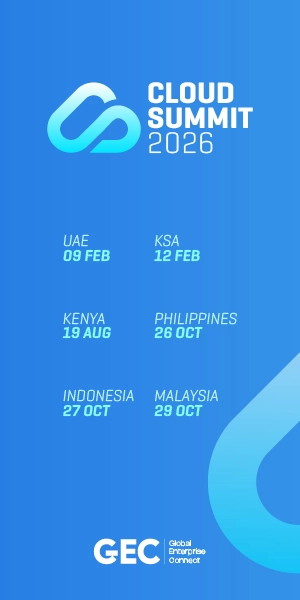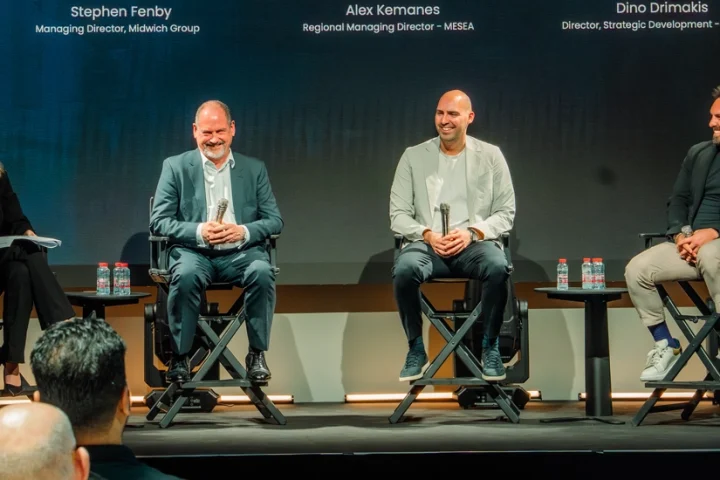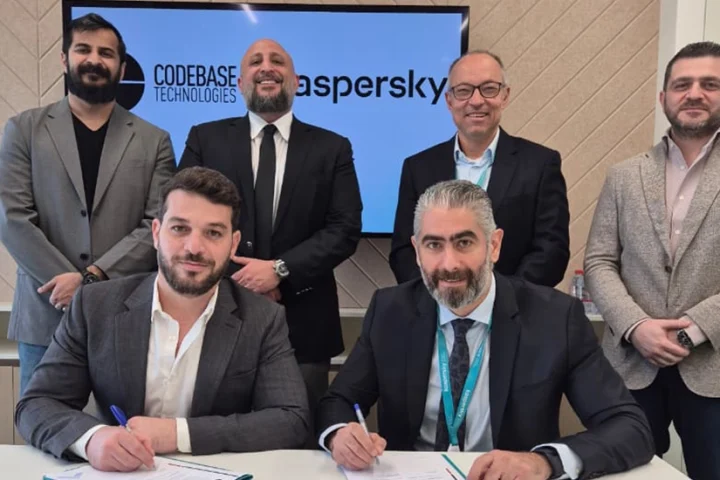Humans by nature are selectively attentive, which means, they react to things only if they are truly interested in it. For years, brands have ignored the very basic fact of making their consumers feel ‘invested’, interested and unique. Consumers, they are the reason brands exist. The proliferation of the internet and the introduction of mobile applications has made brands accessible to consumers more than ever. While competition is fierce in retail the industry with the arrival of new brands in an already saturated market, each of these brands are vying for the same customer. In such a competitive market, how then can brands differentiate their voice and build a loyal clientele?
Personalization is the answer
Gone are the days of mass marketing and ‘one size fits all’ campaigns as consumer expectations and buying journeys have evolved over time. With an omnichannel shopping experience, consumers expect a customized and seamless journey across platforms. They also expect brands to ‘address’ them individually and earn their loyalty. To make this happen, brands are turning towards personalizing their marketing campaigns with the help of technology. While the tried and tested micro segmentation method is effective, it is also a tedious process. Here’s where Artificial Intelligence is a real game changer.
But why should brands personalize their approach when they already have customers? Today, consumers have the power to choose, and personalization allows brands to communicate with and reach their target audience at the right time, with the right product, the right offer and message, through the right channel. Brands are able to achieve a better response rate, increased customer loyalty, and lower marketing costs. According to a report from Marketo, 79% of consumers are more likely to respond to brand promotions if it is tailored to their preferences and previous purchase interactions. Which is why personalization is also the first step toward building brand loyalty.
Role of data in personalisation
Knowing your customer is the key to a personalized campaign, and data is more important than you think. The journey always begins with capturing the right data. Brands must leverage their goldmine of data which they collect across platforms to keep campaigns on target and devoid of old-fashioned judgement and error-prone segmentation. An AI-driven strategy helps make sense of this data. It creates an algorithm to understand individual consumer preferences. It will deep dive into their buying patterns and history, product preferences and characteristics. It analyzes customer behavior and other parameters to create and send personalized campaigns to each customer – akin to giving someone a tailored suit. This helps brands achieve a true 1:1 personalization and continues to optimize campaigns through machine learning.
Personalization is also the first step towards building a brands customer experience. Consumers are inundated with messages from brands who are forced to compete on discounts to increase sales. According to Red Crow Marketing, on average consumers may be seeing more than 4000 adverts, most of which are of little or no interest. As consumers we tend to engage with advertising only if its meaningful. Such communications help create lasting relationships.
Brands need to be omnipresent, and AI is helping brands personalize their presence in more ways that one can imagine. Building brand loyalty is one. Consumers tend to be loyal to brands that care for them. A study conducted by Accenture shows that 91% of consumers are more likely to shop with brands who remember them and provide relevant recommendations. Today, brands have a goldmine of data but often lack the creativity to design compelling campaigns or the ability to identify their targets consumers. AI analyzes this data by looking at previous marketing campaign successes, buyer history, preferences and timelines, and other key markers to create new targeted campaigns.
Overcoming challenges with AI
A common obstacle that brands often face in taking personalization to the next level is the ability to design multiple versions of a campaign across platforms. Here AI helps save time and money while giving brands visibility into the buyers’ journey across multiple platforms.
The RoI on AI-driven campaigns are immense. Personalizing campaigns benefits brands immensely; it reduces acquisition costs by as much as 50 percent, enhances revenue by 5 – 15 percent and increases efficiency of marketing spend by 10 percent to 30 percent.
The future of personalization is a true 1:1 engagement, which AI is enabling. We are looking forward to a time when personalization will be the only way brands choose to interact with their customers– that’s the future which will eventually be a reality.


















